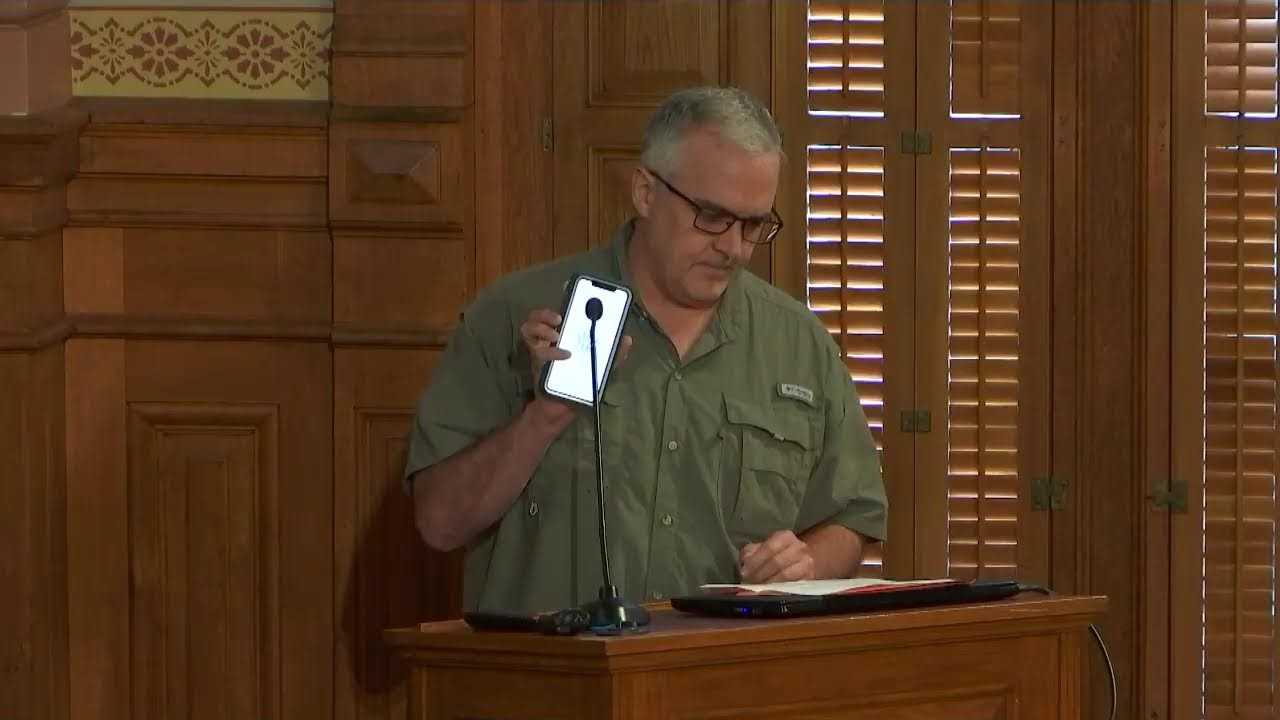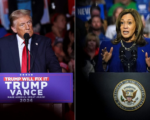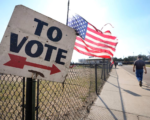The Georgia State Election Board has passed a controversial new rule requiring counties to hand-count ballots cast at polling places on Election Day, despite opposition from bipartisan election officials and warnings from key Republican state officials. The decision was approved in a 3-2 vote, with allies of former President Donald Trump supporting the measure, while a Democratic and GOP-appointed independent member opposed it.
The hand-counting rule mandates that the total number of ballots be counted by hand to ensure they match those tallied by voting machines. However, the rule stops short of requiring hand counts for individual candidate votes, which are still to be processed by machines. Georgia Attorney General Chris Carr, a Republican, had previously warned that the move could be unlawful, noting that state law does not allow local election workers to hand-count ballots before votes are officially tallied.
Carr’s office also cautioned the board that implementing these changes so close to the election—early voting begins October 15—might lead to legal challenges. Georgia Secretary of State Brad Raffensperger echoed these concerns, criticizing the timing of the rule changes, calling it “too late in the cycle” to introduce new procedures.
The rule’s proponents, like State Election Board member Janelle King, defended the changes, arguing they were necessary to address public mistrust in the electoral process. Critics, however, see this as part of a broader effort by Republicans allied with Trump to cast doubt on election results, particularly in battleground states like Georgia. The rule change comes after a GOP-led state legislature removed the secretary of state’s position from the election board in the wake of Trump’s failed efforts to overturn the 2020 election results in Georgia.
Nonpartisan experts and local election officials have expressed concerns that hand-counting could slow the election process, adding unnecessary burdens on county offices already struggling with limited resources. Despite this, the board also passed another rule granting poll-watchers greater access to vote-counting areas, a move similarly criticized as overstepping statutory authority.
With early voting set to begin in just weeks, many election officials fear these changes could lead to delays and confusion during the critical 2024 presidential election. As the new rules come under scrutiny, legal challenges seem likely, especially given warnings from the state attorney general’s office that they may be overturned in court due to their lack of legal basis.


















